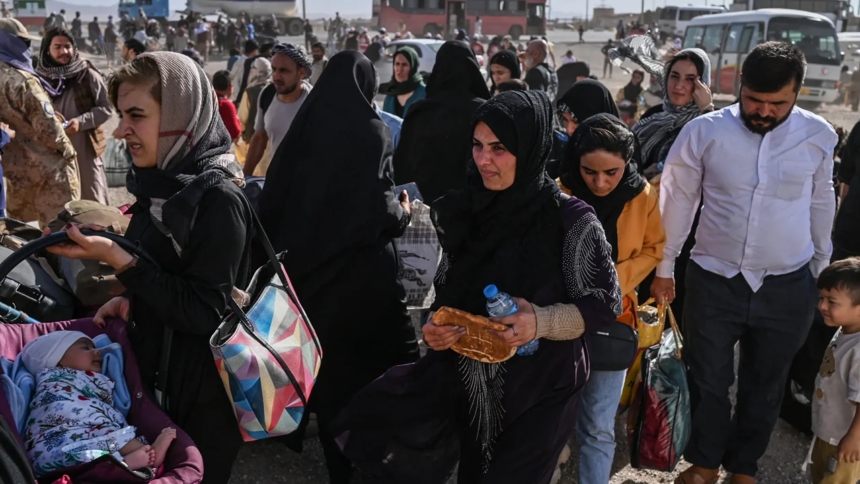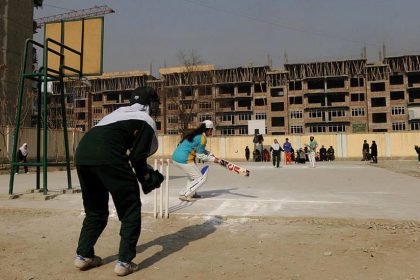RASC News Agency: The United Nations Women’s Section has issued a grave warning concerning the plight of women and girls forcibly returned to Afghanistan from Iran and Pakistan. These vulnerable returnees face widespread, systemic threats including early and forced marriages, pervasive domestic violence, and both physical and psychological abuse. In a comprehensive report published Thursday, August 7, the UN highlighted that Afghanistani women and girls repatriated to their homeland are overwhelmingly dependent on humanitarian assistance, yet simultaneously endure severe restrictions in accessing essential social services, formal education, and basic freedoms.
The report details that approximately one-third of returnees from Iran are women, while nearly half of those expelled from Pakistan comprise women and girls. Over the past year, UN and independent monitoring agencies estimate that more than 2.43 million Afghanistani migrants have been forcibly repatriated from these neighboring states. The UN cautions that integrating these vulnerable populations into communities already crippled by chronic economic hardship, social fragmentation, and endemic insecurity exposes them to heightened risks of extreme poverty, homelessness, gender-based violence, and coerced marriages. It stresses the urgent necessity of providing safe shelter, continuous educational opportunities, and sustainable livelihood programs to mitigate these threats.
However, these humanitarian challenges are compounded by the Taliban’s draconian policies and systematic oppression of women and girls. Since the Taliban seized power, countless girls have been barred from continuing education beyond the primary level, while an overwhelming majority of women have been prohibited from working outside their homes. These brutal restrictions have shattered women’s economic independence and plunged entire families into deeper destitution. As a consequence, many women particularly those heading households have become acutely vulnerable, forced to rely on scarce humanitarian relief and social support. Human rights organizations have also documented a sharp rise in forced and child marriages among returnee girls, victims of poverty, displacement, and complete absence of protective social frameworks. Such practices constitute grievous violations of fundamental human rights.
In the present climate, Afghanistani women face a comprehensive assault on their rights: exclusion from education and employment, exposure to domestic violence, forced marriages, and severe social marginalization. The Taliban regime’s policies systematically strip women and girls of their dignity, freedoms, and future prospects. The United Nations has reiterated a clarion call to the international community, urging urgent, coordinated, and effective interventions to safeguard Afghanistani women and girls. Without robust global action to counter the Taliban’s repressive governance, Afghanistan’s humanitarian crisis and pervasive human rights violations will only deepen, condemning millions to despair and deprivation.






